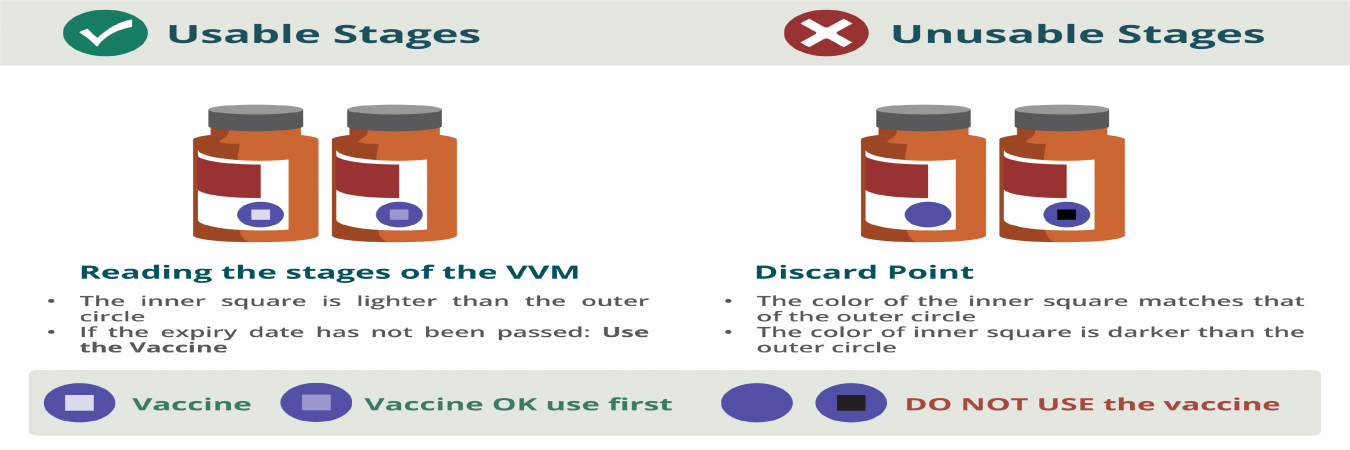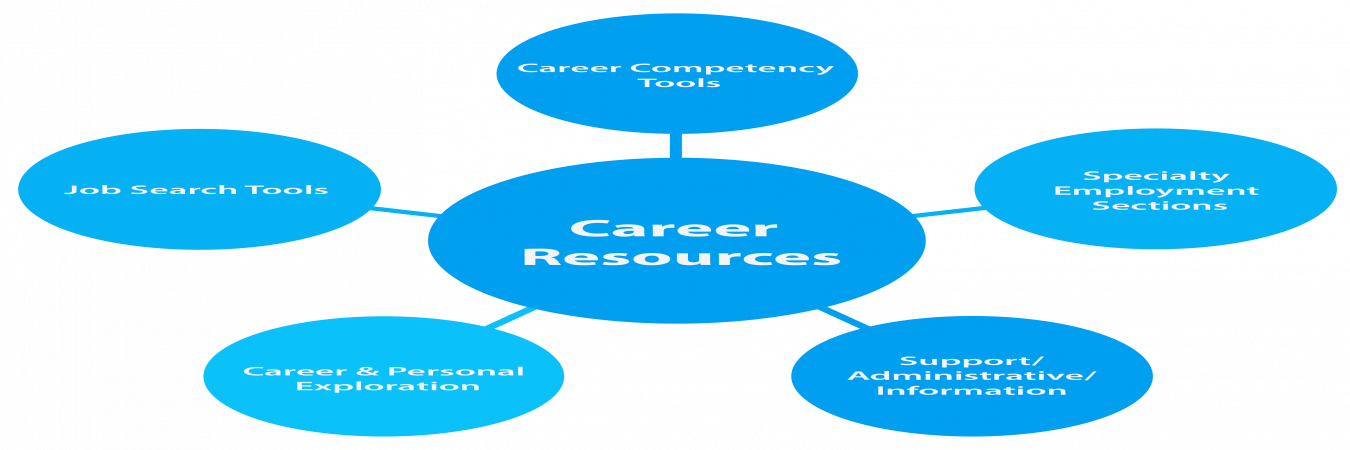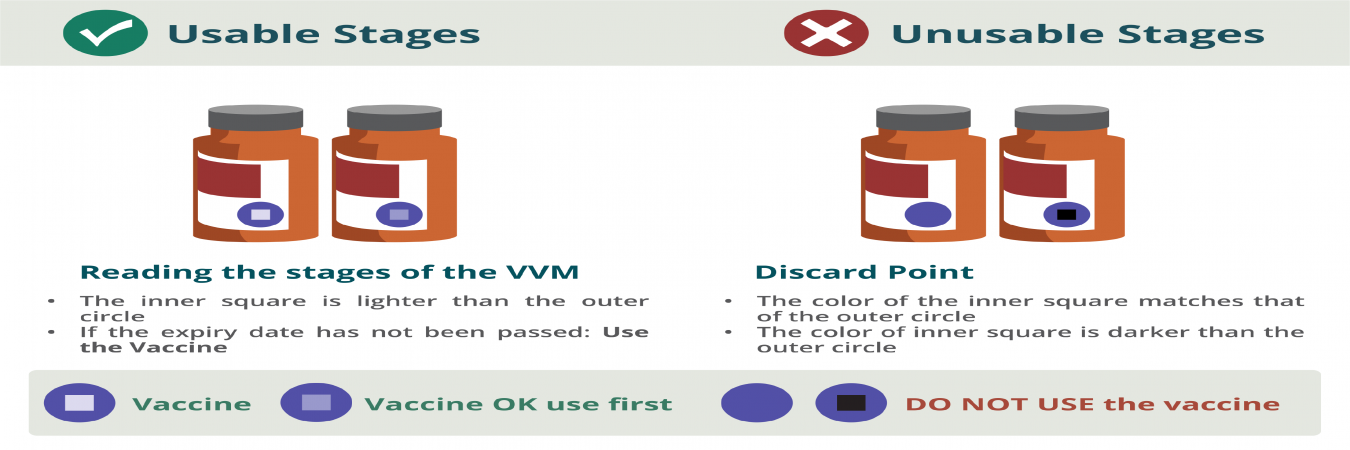A collaborative platform for paperless relicensing
Recall the first aid measures specific to survivors of sexual violence.
Explain the significance of informed consent and its role in survivor-centred care.
Apply trauma-informed communication techniques when obtaining history from survivors.
Choose the most appropriate evidence collection methods based on the survivor's history and circumstances of the assault.
Perform a complete head-to-toe medical examination for survivors of sexual violence, ensuring systematic assessment, proper documentation, and adherence to legal, ethical, and forensic standards.
| Duration : 01:00:00 hours |
| Content provider : Accrecent |
| Date launched at CMEPEDIA : May 3, 2025 |
| Expiry date of course : Awaiting accreditation |
| Module size : 0.01MB |
| Price : ₹0.00 - ₹315.00(Some professional bodies apply charges, even if the content is free of cost. Log in to check whether your professional body does.) |
The management of sexual violence survivors is a critical responsibility that requires healthcare professionals to seamlessly integrate medical care, forensic precision, legal adherence, and survivor-centred empathy. This course has emphasised the multi-dimensional aspects of addressing sexual violence, providing a roadmap for effective and ethical practice.
Understanding the scope of sexual violence:
Sexual violence is pervasive and affects individuals across gender, age, and socio-economic backgrounds. Providers must go beyond stereotypes to recognise and address the unique needs of each survivor, understanding the psychological, physical, and social consequences.
Survivor-centered approach:
The survivor's voice and autonomy are central. A trauma-informed, nonjudgmental, and empathetic approach not only builds trust but also empowers survivors to make informed decisions about their care and recovery.
Legal and ethical imperatives:
Adhering to frameworks like the POCSO Act, Bharatiya Nyaya Sanhita, and other guidelines ensures compliance while respecting the survivor's dignity. The emphasis on informed consent, confidentiality, and accurate documentation forms the foundation of ethical practice.

₹0.00 - ₹315.00

₹115.50 - ₹3265.50

₹0.00 - ₹315.00

₹0.00 - ₹420.00

₹0.00 - ₹315.00

₹0.00 - ₹315.00

₹0.00 - ₹315.00

₹0.00 - ₹315.00

₹430.50 - ₹6310.50

₹10.50 - ₹3160.50

₹0.00 - ₹315.00